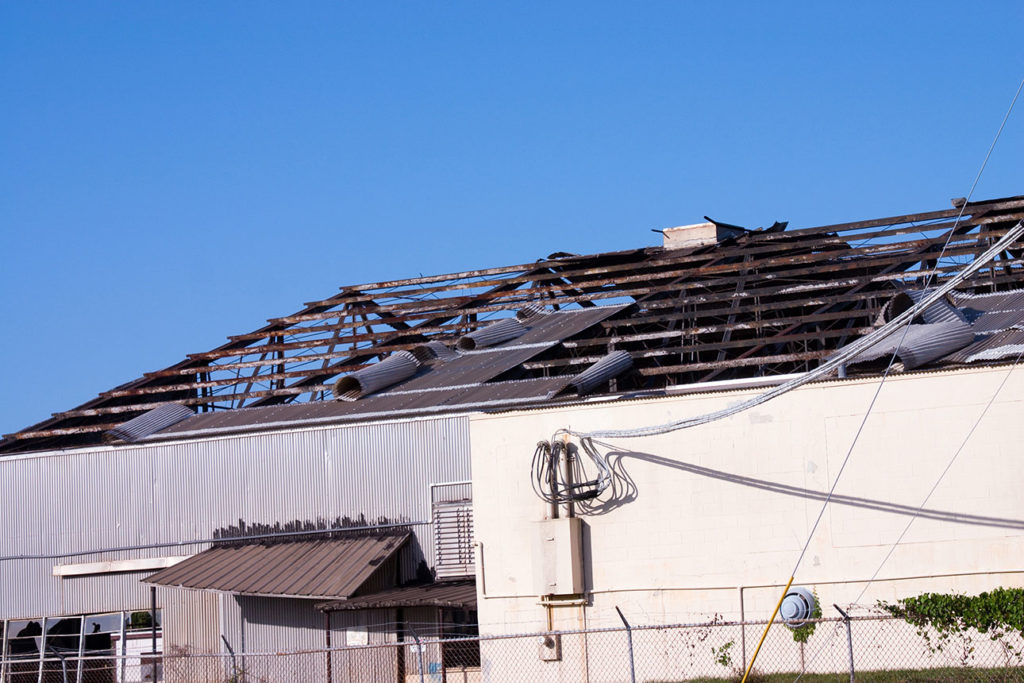5 Common Reasons Your Business Insurance Claim Was Denied
Recently, MGW recovered $2.5 million in damages for a condo association that received a denied insurance claim after a Wisconsin hailstorm. Despite having the correct insurance coverage, their claim was still denied. Ultimately, they needed the professional help of MGW for their insurance company to take them seriously and to get a fair payout. Although you may need professional help with your claim, it’s important to be aware of the common tactics insurance companies use to deny a claim so here are the top five.
1. Being underinsured
Having the correct amount of insurance coverage is vital to receiving a sufficient payout on a claim. For example, if you only have coverage for 75% of your business’s property value, you may only get 75% of the estimated damages. It’s important to proactively speak to your insurance broker to make sure you are fully covered.
2. Delay in filing the claim
Like with any insurance claim, a business is responsible for submitting a claim in a timely manner, the specifics of which are outlined in your policy agreement. Although there may be a variety of reasons you may want to wait to file the claim, it’s important you submit the claim as fast as possible. Allowing too much time to pass can run the risk of your claim being denied if the insurance company reports there’s not enough time to be able to complete an appropriate investigation.
3. Out-of-date information
As your business grows, your insurance coverage likely needs to grow too. This is usually the last thing on the mind of a business owner, but making sure you are properly covered will ensure there are no gaps in coverage so there is no risk of denial or lowball offers. Whether it’s workers’ compensation, auto, or property, make sure to speak to your broker annually or when there are notable changes in your business.
4. Insufficient documentation of the damage
It’s the policyholder’s responsibility to ensure proper documentation is made of all damages for the insurance company. This includes photo and video evidence of damages and corresponding documentation that supports your claim. It’s also recommended to take proactive documentation annually of the current condition of property to more easily be able to prove damages should a claim arise.
5. Failure to comply with insurance conditions
Insurance conditions are requirements that need to be met for the coverage to be valid beyond having the right amount of coverage. These details are established at the beginning of a policy’s creation and could include things like how to report a loss, how long you have to report a loss, how property is valued, and the use and purpose of the insurance. The list of conditions is much larger than this, which is why a policy’s terms and conditions should be reviewed carefully.
There’s no case too small or too big for MGW, if your business is facing a denied or delayed insurance claim and bad faith insurance practices, MGW is here to help.
